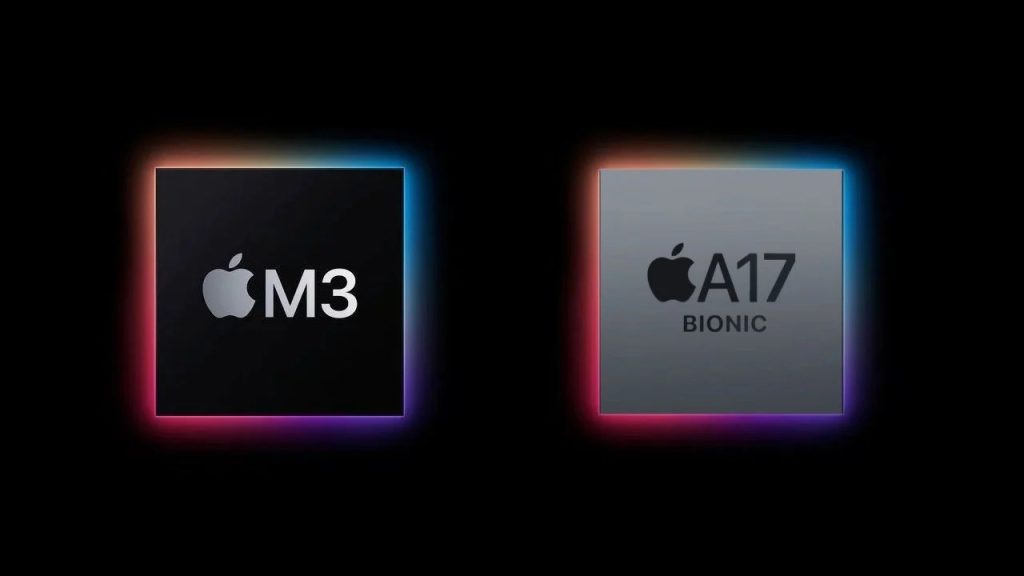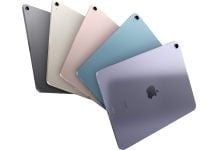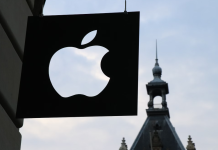The 3nm process is the next big step in smartphone chip technology. It is expected to offer significant improvements in performance and power efficiency over the current 4nm process. This could lead to longer battery life and faster performance in upcoming products, such as the iPhone 15 and Galaxy S24. So, who will be the first manufacturer to use this technology and have an overwhelming advantage over its competitors? Apple is reportedly hoarding 90% of TSMC’s 3nm capacity this year. This could give it a significant advantage over its competitors. Here are the details…
What Does Apple’s 3nm Chip Hoarding Mean for Its Competitors?
Apple is reportedly hoarding 90% of TSMC‘s 3nm capacity this year, according to a new report from Taiwan. This means that the iPhone maker will have first dibs on the most advanced chip manufacturing process available, which could give it a significant advantage over its competitors. The 3nm process is expected to offer significant improvements in performance and power efficiency over the current 4nm process.

This could lead to longer battery life and faster performance in Apple’s upcoming products, such as the iPhone 15 and the M3 MacBook Air. The report also claims that Apple has been placing orders for 3nm chips since 2020, which suggests that the company is planning for the long term. This could mean that Apple is preparing to launch a new product category, such as a self-driving car, that requires the latest and greatest chip technology.
It is unclear what impact Apple’s hoarding of 3nm capacity will have on its competitors. Qualcomm, Samsung, and MediaTek are all expected to release 3nm chips in the coming years, but they may have to wait until 2024 or 2025 to get their hands on enough chips to meet demand. This could give Apple a significant advantage in the market.
It is also worth noting that TSMC is expected to increase its 3nm capacity in 2024. This could help to alleviate some of the supply constraints that Apple’s hoarding is causing. However, it is still unclear how much additional capacity TSMC will be able to add, and it is possible that Apple will still be able to secure a significant portion of it.
RELATED:
- Xiaomi 13 Ultra vs iPhone 14 Pro Max: Specs Comparison
- Apple plans to simplify the ‘Hey Siri’ command to just ‘Siri’
- Apple’s Latest Patent reveals Wearable Tags for Health and Motion Tracking
- MediaTek could have an Apple M3 and Qualcomm Oryon competitor in the works
- Apple iPhone 15 & 15 Plus may feature iPhone 14 Pro series’ 48MP cameras
(via)







